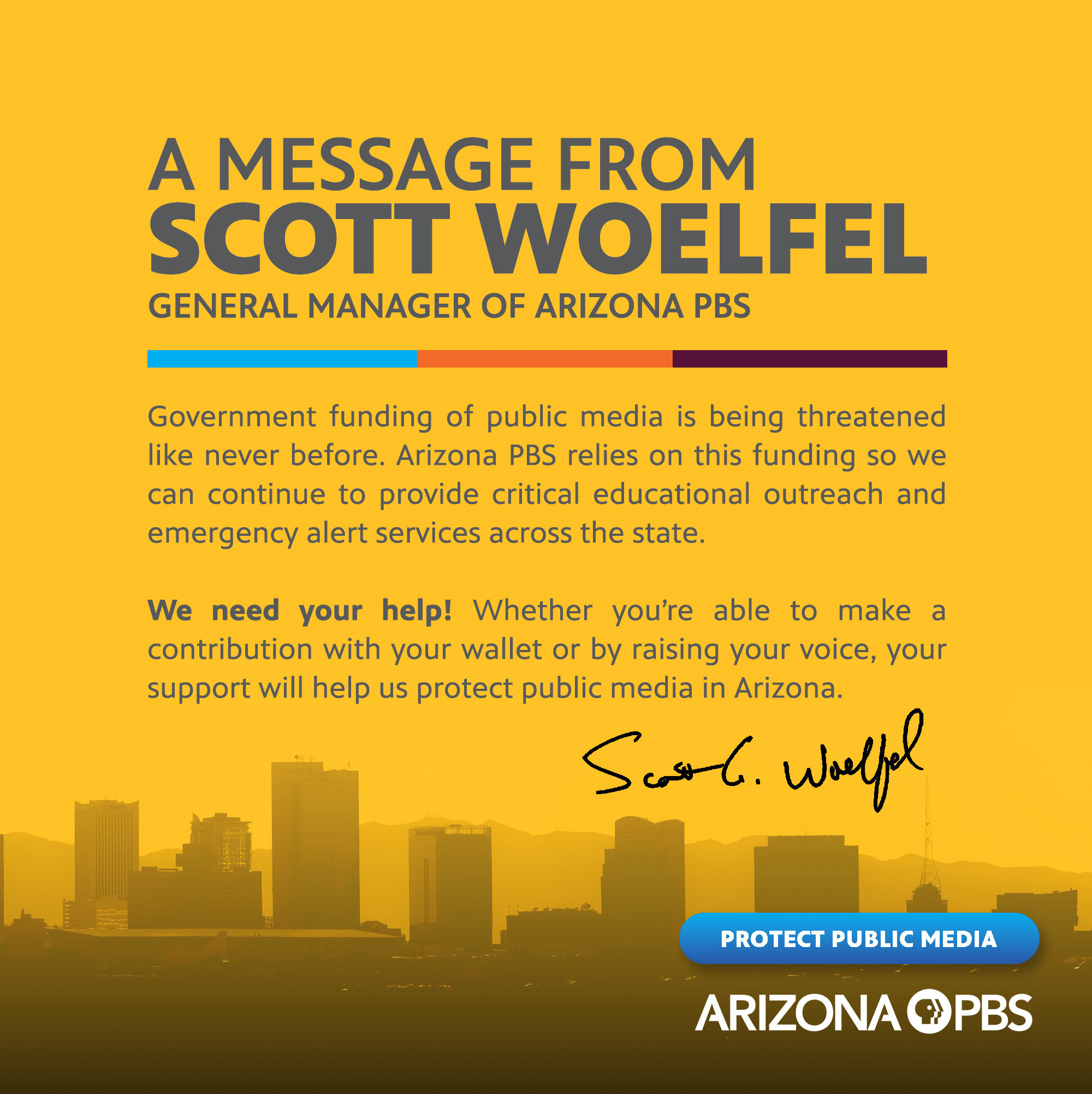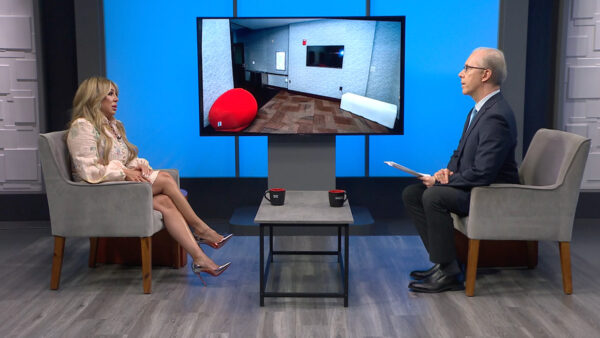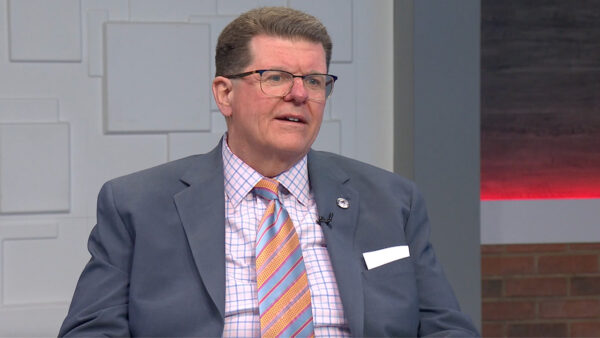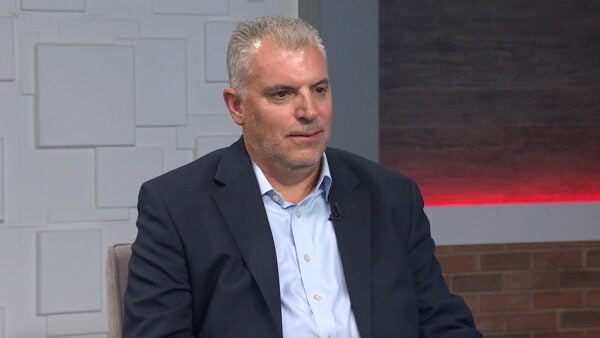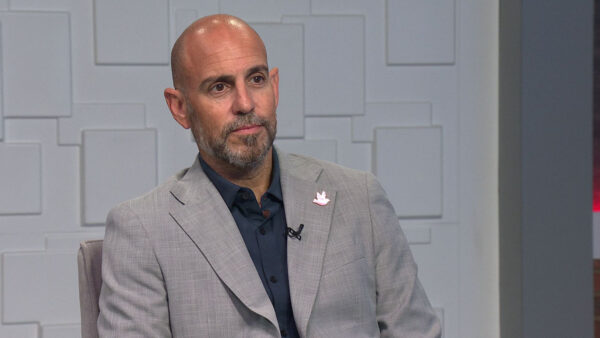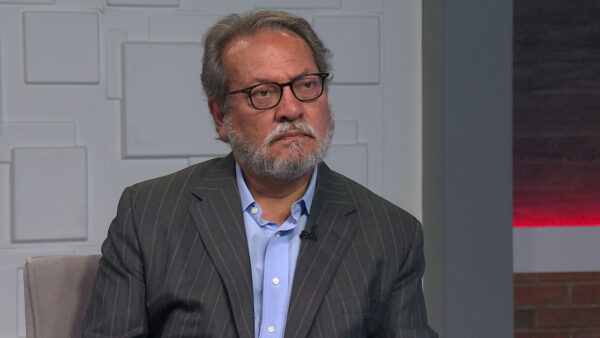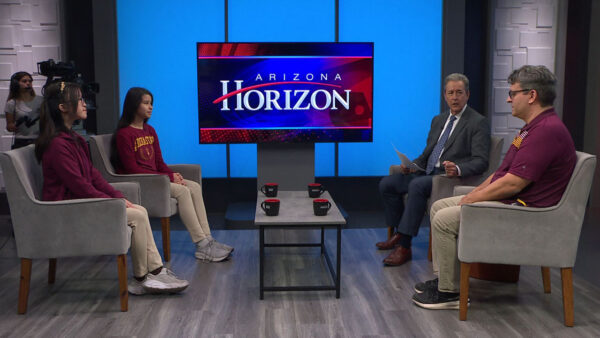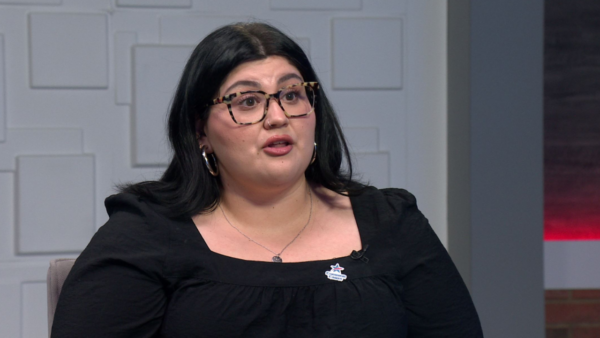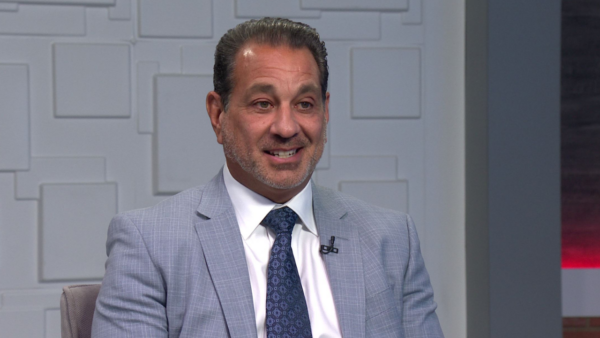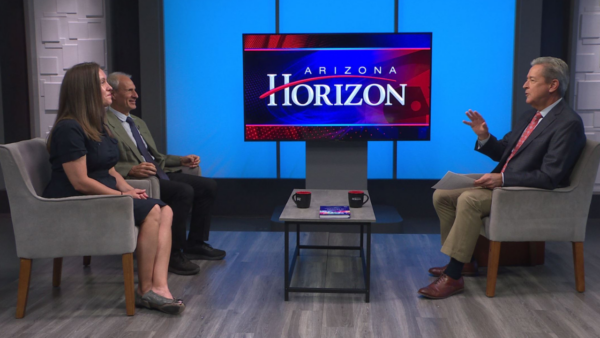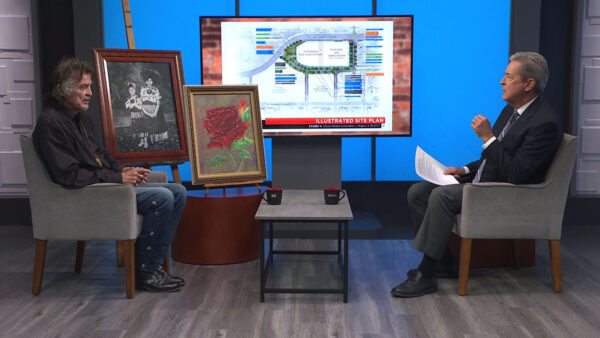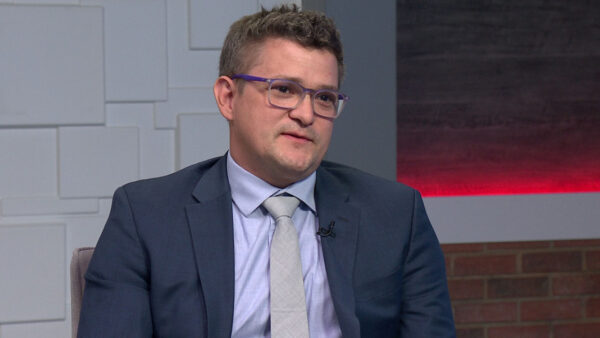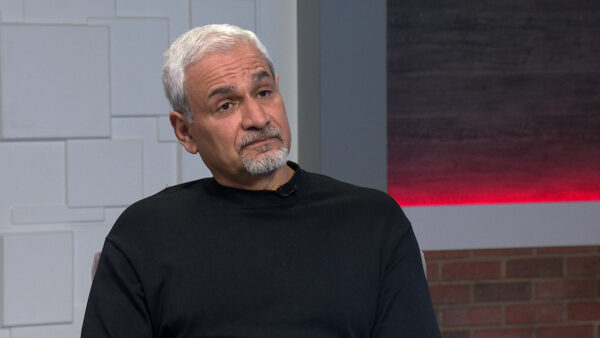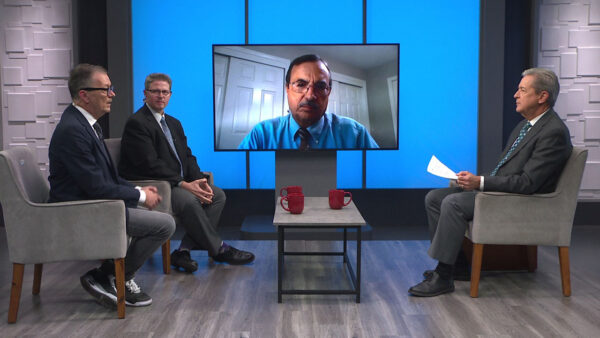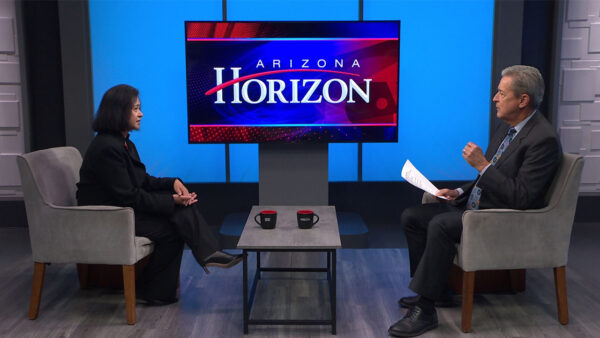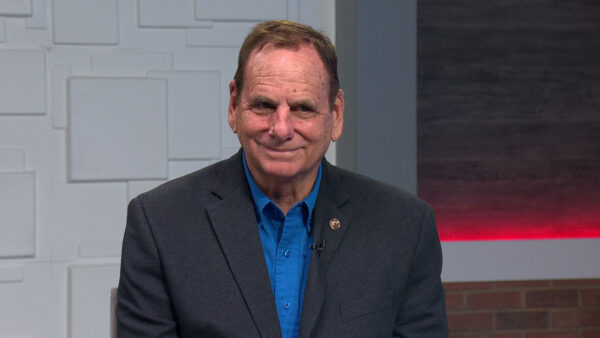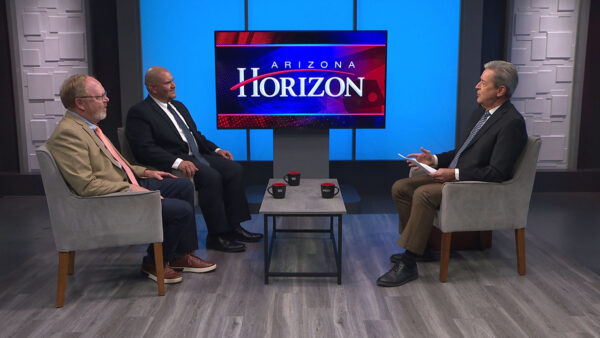Hear about past voting trends and ways to encourage people to vote as we near the Arizona presidential preference election. Lattie Coor, chairman and CEO of the Center for the Future of Arizona, will talk about that and perceptions of voters.
Ted Simons: Arizona's primary, or Presidential Preference Election, is set for March 22nd. But how much will the vote truly reflect what Arizonans want to see from government and its elected officials? Here to talk more about that is Lattie Coore, chairman and CEO of the center for the future of Arizona. Good to see you again.
Lattie Coore: My pleasure.
Ted Simons: How important is this Arizona primary process?
Lattie Coore: I think it depends largely in this current year on what happens in the primaries between now and the 22nd. There are two big ones coming up the week before in Ohio and in Florida. And those could be game changers. I think the extent to which Bernie Sanders moved ahead in an unexpected way in Michigan may increase the interest in the election itself. So it's hard to say. The Arizona Presidential Preference Primary, however doesn't harvest all of the registered voters in an easy way because Arizona today is 1 million Democrats, 1.1 million Republicans, and 1.2 million Independents. And Independents in the Presidential Preference Election have to take a step to join one of the parties. So it doesn't come automatically, the ballots don't come. They have to join one of the parties; they then get that ballot and can vote. And then often they then after the election go back to an Independent status. So any step that people have to take tends to reduce turnout.
Ted Simons: It does indeed. Historically, how have we done as far as primaries are concerned and turnout?
Lattie Coore: Primaries in general we have not done a very good job at all. We're in the bottom quintile in the nation and it has a very profound effect, particularly on those races that are decided in the primary. For statewide elections and for state legislative elections, that's about 80% of the seats. In those elections, the average over the last decade of people turning out is somewhere between 20% and 27%. But we have to remember that's of the registered voters. If you take the eligible voters, which is another 30%, the 27% drops quickly to a little under 20%. And if you have two candidates for one seat, which is common, that means that less than 10% of the voters in that district will determine the outcome.
Ted Simons: Center for the Future of Arizona with this project, you've done so much research on what people want, what they say they want. Why is it that turnout is so low and that people seem to always say I'm not getting what I want?
Lattie Coore: I think it's partly the fact that we throughout our history have been populated by two thirds of the people who have been born elsewhere and have moved here. The good news is they want to be here. They come here. But the roots that get developed, the habitats that get developed, the connections that get developed, have not been as strong here as they should be and as we believe it's essential for the future of Arizona that they be. I think also this issue of Independents and how do they vote? How can they vote? They will get both parties' ballots in the regular primary but it still seems a little awkward for them to participate.
Ted Simons: A little confusing.
Lattie Coore: It is confusing.
Ted Simons: And some of your studies have shown that less than 10% think their interests are represented by elected officials; less than 10% have strong confidence in the government, fewer than 50% are confident the government can handle problems. There's a disconnect is going on.
Lattie Coore: Why don't they step forward? Pay attention to the issues, register, vote, and you can make a difference. In a legislative seat, 1,000 additional new votes can make a significant difference in that outcome. So it's possible to do, possible to have a greater influence and we're nonpartisan. We believe it ought to represent what the Arizonans believe in general but it doesn't work, unless they get out and vote itself. We're working on a project now through civic engagement, getting people more deeply involved in their community, that's a place to start. And they immediately begin to understand there are some things they need to do, including registering and voting, and communicating with their elected officials.
Ted Simons: Do people say voting is too difficult?
Lattie Coore: In some instances they do. I think the preferential primary is one of those, and I think there are barriers in terms of the date of the election but that in my view shouldn't be an excuse. People can and should do it.
Ted Simons: Last question, I'm asking almost everyone that comes on the set here this question because I find it fascinating. Donald Trump. How do you explain it?
Lattie Coore: I read a very interesting piece the other day. I don't know how valid it is. But it noted that in times of stress, when there's very substantial turnover in the lifestyle, in the setting in which one lives and when there's an element of fear, particularly fear of people from outside the country coming here or people from outside the country coming as terrorists, there is a desire for a very strong leader. I don't want to use the language that they use technically, authoritarian, but it is whatever it takes, let's get somebody that's going to come in and provide us protection, no matter what. That's one person's opinion. I have no idea on that. But I'm as puzzled and surprised as many, many other voters.
Ted Simons: All right, it's good to see you again. Thanks for joining us.
Lattie Coore: My pleasure, thanks.
Lattie Coor: chairman and CEO of the Center for the Future of Arizona
